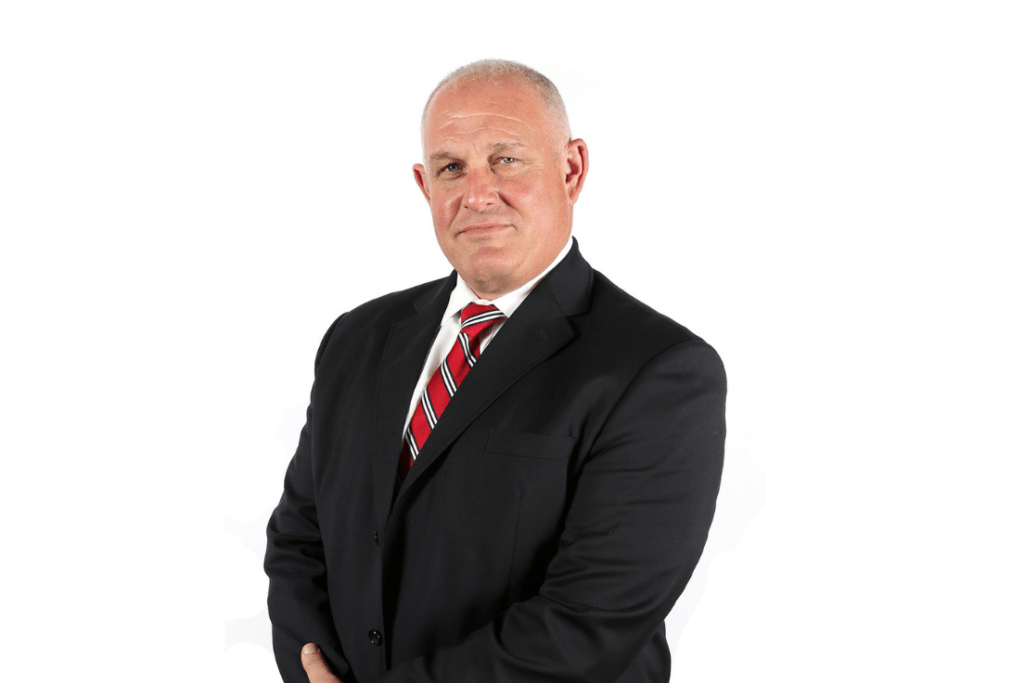Given the orders adopted by various governmental bodies across the nation during this global pandemic, individuals have been ordered to shelter in place and avoid non-essential group gatherings. In some areas, businesses and organizations not engaged in providing essential products and/or services were also ordered to close. Thus, employers have been scrambling to modify schedules, implement full-time equivalent (FTE), and assign work for employees to work from home (WFH) in order to ensure the safety and welfare of their employees, clients, and the general public. Unfortunately, some have even had to lay-off or furlough employees. Companies employing those in nonimmigrant status (such as those in E-3, H-1B, L-1, TN, and O-1 classifications) should pay close attention to the potential effects that telecommuting/WFH, reduction in work hours, furloughs, and lay-offs may have on those individuals.
For some work visa classifications, employees may work from home for brief periods of time without filing an amended petition with USCIS. Those include L-1, TN and O-1 nonimmigrants. Generally – with regards to H-1B and E-3 petitions – an employer must file an amended H-1B petition to reflect any material changes in the terms and conditions of employment or the alien’s eligibility as outlined in the original approved petition. A change is material if it affects the beneficiary’s continuing eligibility for H-1B classification. For instance, material changes could include a significant change in job duties, a change in occupational classification, a reduction in work hours (from full- to part-time), a reduction in salary, or when an H-1B employee changes or is going to change his or her place of employment to a work location that is outside the metropolitan statistical area (MSA) or an area of intended employment covered by an existing approved H-1B petition. An amended petition is not necessarily required when a petitioner changes its name or if there is a change in ownership structure, given that the petitioning entity continues to be the beneficiary’s employee and the new owner(s) assume the predecessor entity’s interests and obligations, including those relating to the filing of the Labor Condition Application (LCA).
Prior to filing an E-3 or H-1B petition, employers must file an LCA with the Department of Labor. By filing the LCA, an employer attests under penalty of perjury that it will be compliant in four areas: (1) paying the prevailing wage; (2) providing the same working conditions as U.S. workers and that employing the foreign national will not adversely affect the working conditions at the location; (3) that there is no strike or lockout or other work stoppage for the named occupation in the place of employment during the filing of the LCA; and (4) providing notice to similarly-employed employees or provide to union, if any. The LCA also includes pertinent information about the job, such as job title, Standard Occupation Classification Code (SOC Code), duration of the offered employment, whether full or part-time, rate of pay and salary offered, and location or place of employment.
As such, an E-3 or H-1B employee may work from home if he/she lives within the same MSA or area of intended employment as indicated in the approved E-3 or H-1B work location (in the LCA). When telecommuting, employees’ job duties should stay the same or substantially similar to those provided in the approved petition. The DOL recently confirmed that an H-1B worker can move to a new worksite within the same area of employment (within commuting distance) so long as the terms and conditions of employment have not changed. However, if the employee’s new work location (i.e. their home) is outside the MSA, a new LCA and amended petition is required. Moreover, if an employee is unable to perform their job duties from home or some other remote location, thus, resulting in a significant change in job duties, an amendment would also be required. Short-term placement may be allowed, but subject to a number of strict requirements. If the placement exceeds the limitations specified in the regulatory requirements, then an amended petition is required.
If an E-3 or H-1B employee’s hours were reduced (from full-time to part-time), a new LCA from the DOL and amendment with USCIS is required. This reduction is considered a material change in the terms and conditions of employment as specified in the original petition.
If telecommuting/WFH were unfeasible, employers are still required by law to pay H-1B employees their regular wages if the employee is placed in nonproductive status or on-leave, unless the nonproductive period arose from conditions unrelated to the employment and requested by the employee. Employers are still required to pay furloughed H-1B workers in periods of mandatory, company-wide shutdowns. If an H1B employee is let go, the employer must provide the employee with reasonable costs of return transportation abroad. A middle of the road approach may be a reduction of hours from full to part-time employment. Such a change would be considered material and require the filing of an amended H1B petition.
Although individuals are required to stay home unless engaged in certain essential activities, here at W&O’, we are engaged in certain types of essential activities, as are our clients. We have been tracking and will continue to monitor the situation closely and adapt as best we possibly can. This includes regularly posting updates for our current and prospective clients. During this very stressful time, it is critical to have an experienced and dedicated team on your side – and we are with you.
ABOUT THE AUTHOR(S)
NANCY VO – ATTORNEY

Nancy Vo is an Associate Attorney at Wilner & O’Reilly. She graduated Magna Cum Laude from Whittier Law School. While at Whittier. She was an editor on Whittier Law Review and earned a CALI award in Legal Writing. She earned a Bachelor’s Degree in Political Science and Public Law from the University of California, San Diego. She works in the firm’s employment-based practice where she focuses on non-immigrant applications for Aliens of Extraordinary Ability, L-1 intra-company transfer visas for executives and managers, and E-2 treaty visas. Ms. Vo grew up in Los Angeles with three older sisters and parents who were all refugees from Vietnam. She is a first-generation Vietnamese American and the first in her family to enter the legal field.
RICHARD WILNER – FOUNDING PARTNER

Richard M. Wilner is a founding member of Wilner & O’Reilly, APLC and is Board Certified by the State Bar of California as a Specialist in Immigration and Nationality Law. He is admitted to practice law in the State of California and before the U.S. District Courts for the Central, Northern and Southern Districts of California, the Northern District of Texas, the U.S. Court of Appeals for the Ninth Circuit and the U.S. Supreme Court.Mr. Wilner has received the coveted Martindale-Hubbell AV Rating, the highest legal and ethical rating that one can receive from one’s peers in the legal community. Similarly, he has been awarded the title of Super Lawyer from 2007 to the present. He is best known for his work in advising Fortune 500 companies, middle and small market businesses, entrepreneurs and foreign nationals of extraordinary ability in athletics, arts, and sciences in the complex area of U.S. Immigration and Nationality Law.


Comments are closed.